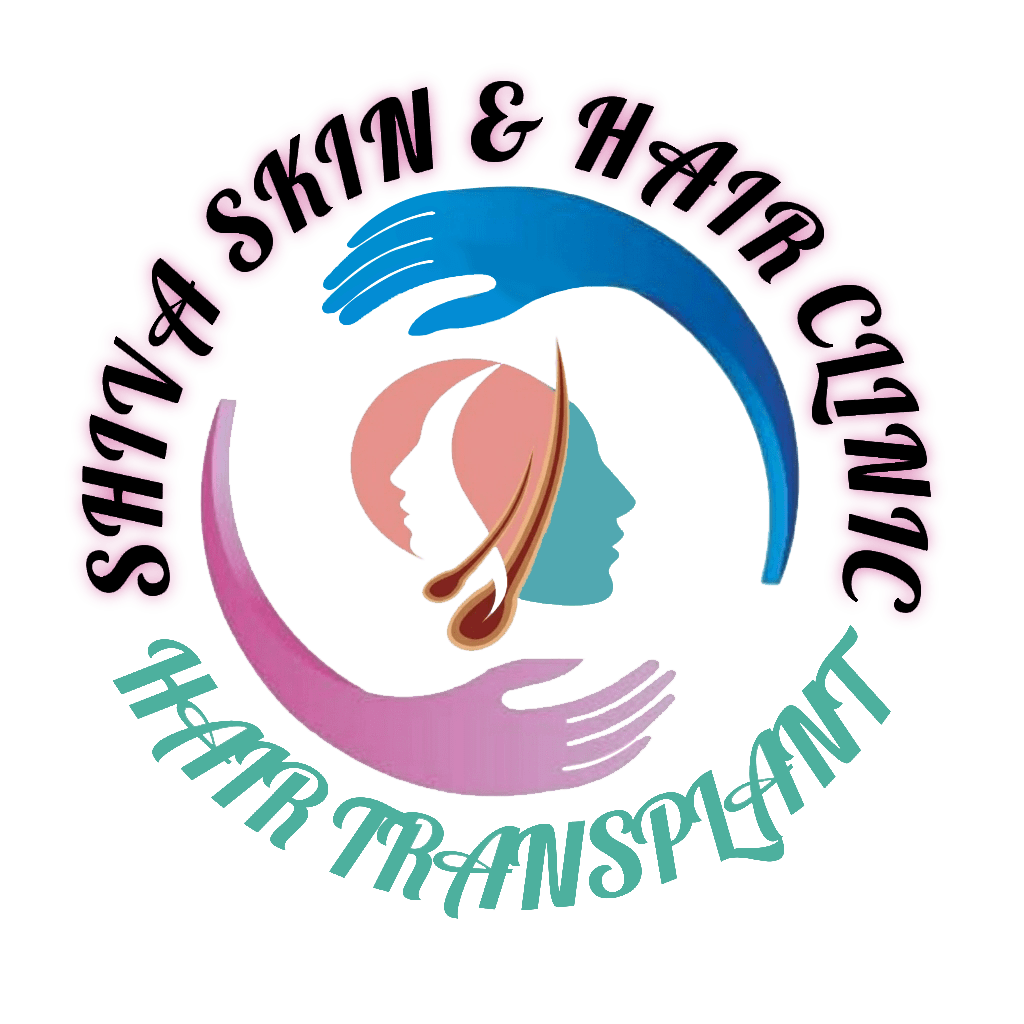Eczema, also known as dermatitis, is a group of skin conditions characterized by inflammation, itching, and redness of the skin. There are several types of eczema, each with its own distinct features and triggers. The most common types of eczema include:Best Eczema treatment doctor near me..
- Atopic Dermatitis: Atopic dermatitis is the most common form of eczema and often begins in childhood. It’s associated with a family history of allergies and asthma. Symptoms include red, itchy, and dry skin, typically on the face, elbows, and knees.Best Eczema treatment doctor near me..
- Contact Dermatitis: Contact dermatitis occurs when the skin comes into contact with an irritant or allergen. It can be further divided into irritant contact dermatitis (caused by irritants like chemicals or detergents) and allergic contact dermatitis (triggered by allergens like poison ivy or nickel).Best Eczema treatment doctor near me..
- Nummular Dermatitis: Nummular dermatitis is characterized by round, coin-shaped patches of irritated skin. It’s often triggered by dry skin, environmental factors, or allergic reactions.Best Eczema treatment doctor near me..
- Seborrheic Dermatitis: This type of eczema primarily affects the scalp but can also occur on the face, ears, and chest. It’s often associated with flaky, greasy scales and may be linked to an overgrowth of yeast on the skin.Best Eczema treatment doctor near me..
- Dyshidrotic Eczema: Dyshidrotic eczema is characterized by small, itchy blisters on the palms of the hands and soles of the feet. It can be triggered by factors like stress, allergies, or exposure to certain metals.Best Eczema treatment doctor near me..
- Stasis Dermatitis: Stasis dermatitis typically affects the lower legs and is often related to poor circulation. Symptoms include redness, swelling, and scaling of the skin.Best Eczema treatment doctor near me..Best Eczema treatment doctor near me..
- Neurodermatitis: Neurodermatitis is a localized form of eczema characterized by thick, scaly patches of skin that result from repeated scratching or rubbing of a specific area.Best Eczema treatment doctor near me..
The exact cause of eczema is not fully understood, but it is believed to involve a combination of genetic, environmental, and immune system factors. Triggers for eczema can vary from person to person and may include allergens, irritants, stress, climate, and certain foods.
Treatment for eczema typically focuses on managing symptoms and preventing flare-ups. Common approaches include:
- Moisturizers: Regularly applying moisturizers can help keep the skin hydrated and reduce itching.
- Topical Corticosteroids: These anti-inflammatory creams or ointments can help reduce redness and itching during flare-ups.Best Eczema treatment doctor near me..
- Antihistamines: Over-the-counter or prescription antihistamines can help relieve itching and improve sleep.
- Avoiding Triggers: Identifying and avoiding triggers, such as certain foods or allergens, can help prevent eczema flare-ups.Best Eczema treatment doctor near me..
- Prescription Medications: In severe cases, a dermatologist may prescribe stronger medications like immunosuppressants or biologics.Best Eczema treatment doctor near me..
- Wet Wrap Therapy: This involves applying wet dressings over topical medications to increase their effectiveness.Best Eczema treatment doctor near me..
- Phototherapy: Controlled exposure to ultraviolet (UV) light can be used in some cases to manage eczema symptoms.

